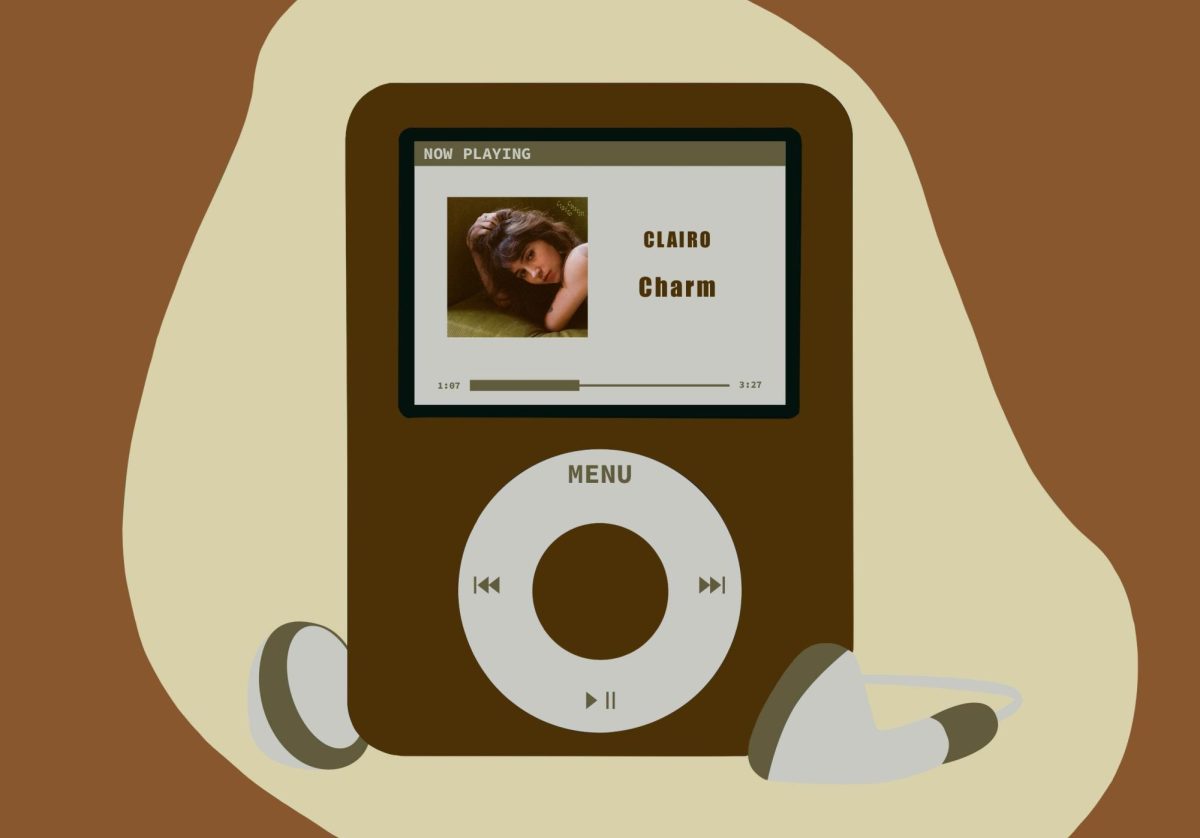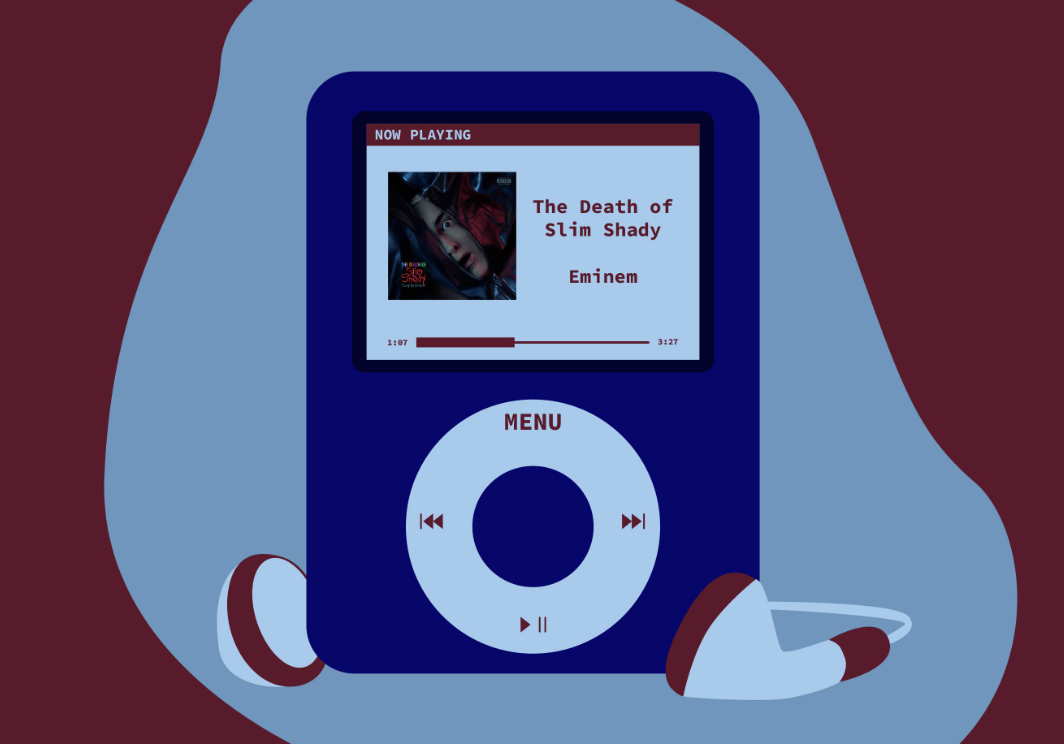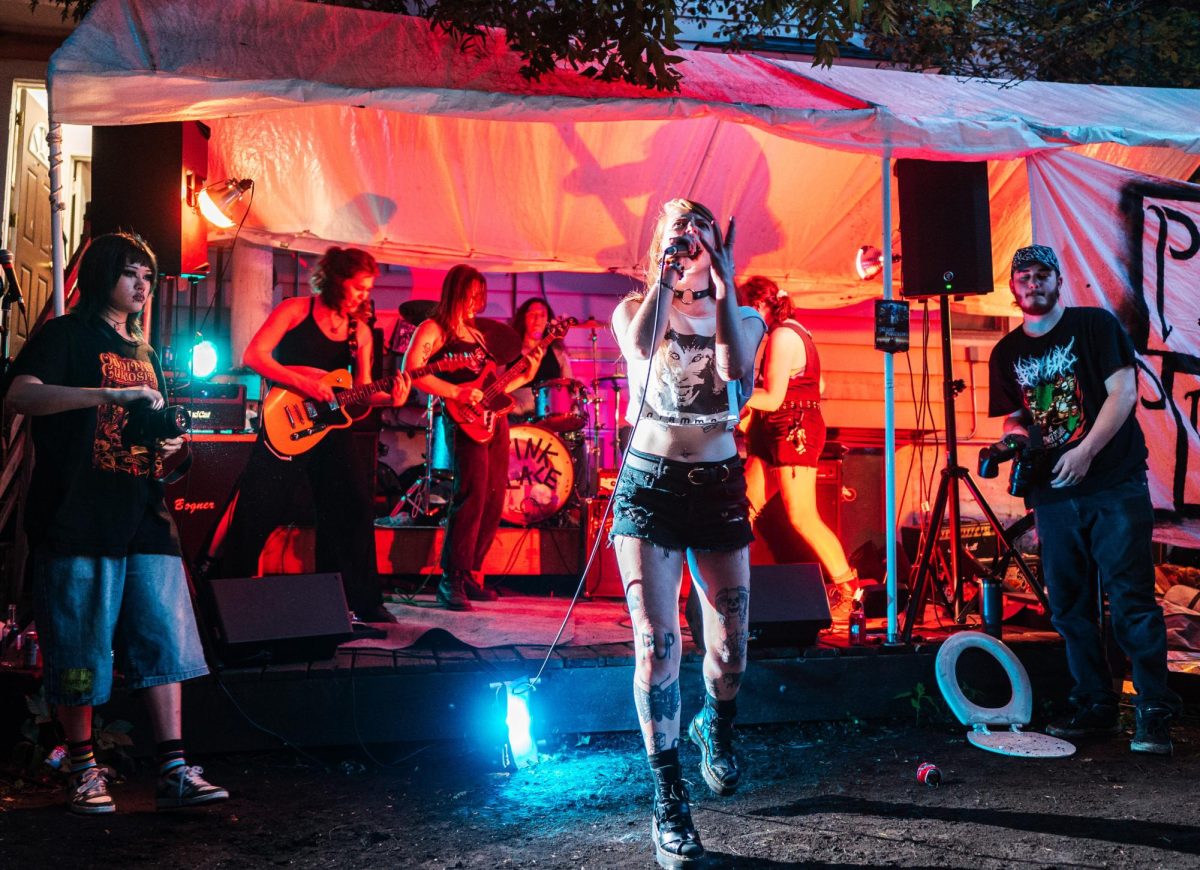Arcade Fire Album: “The Suburbs” Label: Merge Arcade Fire’s first two albums were nothing short of phenomenal, and that usually leads to divisive expectations for a third. The glass-half-full people expect excellence with Win Butler and Régine Chassagne’s consistency, songwriting talent and instrumental skill. Meanwhile, the cynical — perhaps the realists — view a fall from grace as inevitable. Thankfully, Arcade Fire’s third LP “The Suburbs” retains all the aching brilliance that made “Funeral” and “Neon Bible ” such emotional and cathartic records. While it runs in the same veins as its predecessors, “The Suburbs” is somewhat of a departure in that it strives to function as a cohesive whole. This album doesn’t really have defining breakout singles such as “Wake Up” from “Funeral.” Instead it directs its effort at a subtle, weaving narrative. The singles that we do get, and those that are sure to follow, don’t feel like typical Arcade Fire fare. Many of the tracks on “The Suburbs” retain the “classic” sound — a handsome blend of antique beauty and modern noise. But tracks like “Month of May ” play like a punk song with its blitzing tempo and distorted power strumming. “Sprawl II (Mountains Beyond Mountains),” maybe the catchiest track on the album, sounds like a late-’80s dance-pop ballad, complete with arpeggiating synthesizers (egads!). Despite the stylistic divergences, these songs do tie into the overarching themes of “The Suburbs” — concepts of the memory and the past, of Butler’s former suburban life, of youth, love and the one paradoxical consistency that is change. For the most part, Butler is looking backward and trying to contextualize his present condition. On “Suburban War,” Butler speaks of a long-lost friend, crooning, “I never saw you again/And now the cities we live in could be distant stars/And I search for you in every passing car.” Butler wishes that he could have a piece of his childhood back, but he knows that’s impossible and tries to move on, acknowledging that “The past won’t rest/Until we jump the fence and leave it behind.” There’s no small amount of reminiscing or lamentation on this record (What’s new?), but “The Suburbs” does have a few bright reveries and moments of epiphanic acceptance. Butler calls back to a track called “Wasted Hours” in the album’s closer, a song that focuses on the times Butler squandered when he was young and without direction. In “The Suburbs (continued) ,” Butler reflects on that time and the themes that permeate the album. He ultimately decides he wouldn’t change a thing. “If I could have it back/All the time that we wasted/I’d only waste it again/If I could have it back/I know I would love to waste it again.” Fans of Arcade Fire would have to agree: Were it not for all the experiences of that wasted time, we might never have heard all the resounding poignancy of “The Suburbs.”
Daily Email Edition
Get MN Daily NEWS delivered to your inbox Monday through Friday!

Published July 25, 2024

Published July 25, 2024

Published July 25, 2024
Trending
Rockin’ “The Suburbs”
Arcade Fire will release their highly-anticipated third album on Aug. 3.
Image by Photo courtesy Merge Records
by Tony Libera
Published July 27, 2010
Leave a Comment
More to Discover













